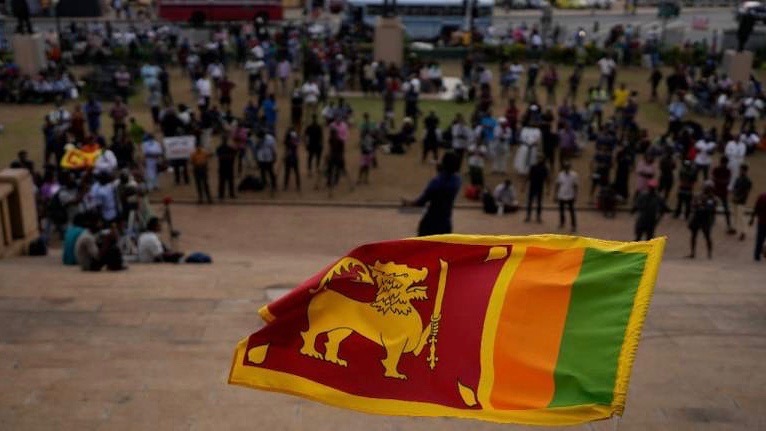The introduction of an Anti-Terrorism Bill in Sri Lanka, to replace the erstwhile Prevention of Terrorism Act (PTA), has been classified by rights groups as an attack on the democratic rights of the people. The International Commission of Jurists (ICJ) said the proposed legislation was in clear violation of international human rights law.
The government gazetted the bill on March 22. If enacted, it will give wider powers to law enforcement agencies to arrest anyone or seize articles on mere suspicion.
“The new bill will be presented in parliament in the third week of April. It will replace the PTA,” said Sri Lankan Prime Minister Dinesh Gunawardena.
Under the provisions of the bill, any suspected individual can be incarcerated for two days (48 hours) before being presented before a magistrate. The suspect can then be held in remand for one year without any criminal procedures, which can be later extended in three-month increments by a high court.
Those opposing the new bill fear it will open the way for even harsher measures against political opponents by branding any dissent in the country as acts of terrorism. Activists maintain that the bill has more to do with crushing the mass opposition against the IMF-dictated austerity measures than ending terrorism.
The bill also gives more power to the armed forces and coast guard to search any person, vehicle, vessel or train or any premises or land without any prior authorization, warrant or oversight, which the rights defenders fear will lead to abuse of power.
Ambika Satkunanathan, former member of the Human Rights Commission of Sri Lanka (HRCSL), argues that even as countries across the world have been taking initiatives to abolish the death penalty, Sri Lankan authorities have included its use in this latest law.
@ambikasat on the new Anti-Terror Act: the definitions are broad, vague, the military is being brought in the perform law and order functions, the President can declare certain places as prohibited places….these can adversely impact protest, dissent, journalists and civil…
— Amnesty International South Asia (@amnestysasia) March 28, 2023
“The Anti-Terrorism Bill empowers the Attorney General to suspend and defer instituting criminal proceedings, or in instances criminal proceedings have begun, to withdraw the indictment upon certain conditions if the offence has not caused death or grievous bodily injury nor endangered the State and the people of Sri Lanka,” she wrote in the The Morning.
On March 31, ICJ’s Senior Legal Adviser Livio Zilli in a statement commented that “purported threats to national security, whether or not arising in connection with acts of ‘terrorism’, should not be used as a justification for the death penalty.”
“If enacted as currently formulated, these vague and overbroad offences, similar to and building up on those contained in the PTA, are open to abuse and, as such, they violate Sri Lanka’s international legal obligations and the country’s own constitutional guarantees under Article 13,” Zilli added.





